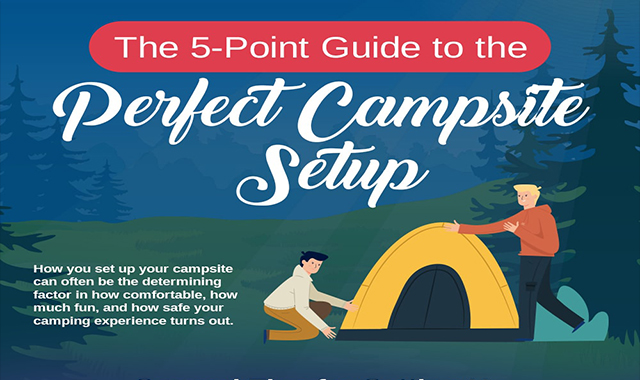Maximize Your Online Revenue With These Tips By Selling Camping Tents
The Best Way to Choose and Sell Your Camping Tents OnlineTents are more than just equipment- they hold memories of nights under the stars and campfire stories with loved ones. It is important to choose and sell your tents in a way that maximizes their value and helps them find new homes where they can continue to inspire adventure.
The first step is to determine your camping needs. Evaluate the amount of space you need and consider your weather conditions.
1. Check the reviews
A tent that is flimsy or not able to withstand harsh weather conditions isn’t going to be much of a home away from home. Look for tents that are made with sturdy aluminum poles instead of fiberglass, a robust rain fly, and seam-sealed fabrics.
Also, consider the number of people who will be sleeping in the tent. If you only plan on camping with one other person, a two-person tent might be enough for you. If you will be camping with a significant other, children, or pets, consider a larger four-person tent.
Another way to save money on your camping tent is to check out the clearance section of your local sporting goods store. Most camping gear goes on sale at the end of summer or in early spring, so it’s best to shop during those times. Alternatively, you can find good deals on tents at discount retailers like Backcountry or at estate and moving sales.
2. Check the price
Buying new camping tents can be expensive, especially if you’re a beginner or you’re going to use it regularly. Fortunately, there’s a great market for used outdoor gear that can save you money and still be perfectly capable of serving your needs.
When shopping for a used tent, keep in mind that the price is often a good indicator of quality. Spending more money will typically get you a better tent that is built to last. It’s also worth checking the specs of the tent to ensure that it meets your expectations.
For example, look for a tent with taped or seam-sealed seams to prevent leaks, and consider whether it has enough space to accommodate sleeping bags or cots. Lastly, consider the benefits of upgraded features like full-coverage rainflies and strong aluminum pole systems. These upgrades can make the difference between a tent that is perfect for you and one that’s just okay.
3. Check the shipping time
When buying a tent, make sure that it is packaged securely and that it will arrive in good shape. This is important because you want to be able to take the tent canvas manufacturer camping without worrying about it getting damaged during shipping. Also, if you are going to be traveling with your tent, make sure that it will fit in your car.
The type of tent you choose will depend on your camping style and preferences. For example, if you’re camping with children or pets, it’s a good idea to buy a tent that has plenty of room for everyone to sleep comfortably. You’ll also want to consider the number of doors and how easy they are to open and close.
In addition, it’s a good idea to look for a tent that comes with a ground cloth. This will help protect the tent from rocks and roots that can damage it. If the tent doesn’t come with a ground cloth, you can always purchase one or use a tarp.
4. Check the customer service
When buying a tent online, it’s important to check the customer service. Many companies offer live chat support, and others have outdoor forums or communities where you can get advice from experienced campers. This can help you find a tent that meets your needs without breaking the bank.
In addition, it’s important to check the warranty and return policy before buying a tent. Some retailers will allow you to return a tent if it doesn’t meet your needs or is damaged. Others may provide a warranty for their products that lasts one to three years.
One of the best times to buy a tent is at the end of the camping season. This is because retailers need to make room for new products and clearance sales can save you money. You can also look for tents at garage or estate sales. These events are usually hosted by families who want to get rid of their gear.
